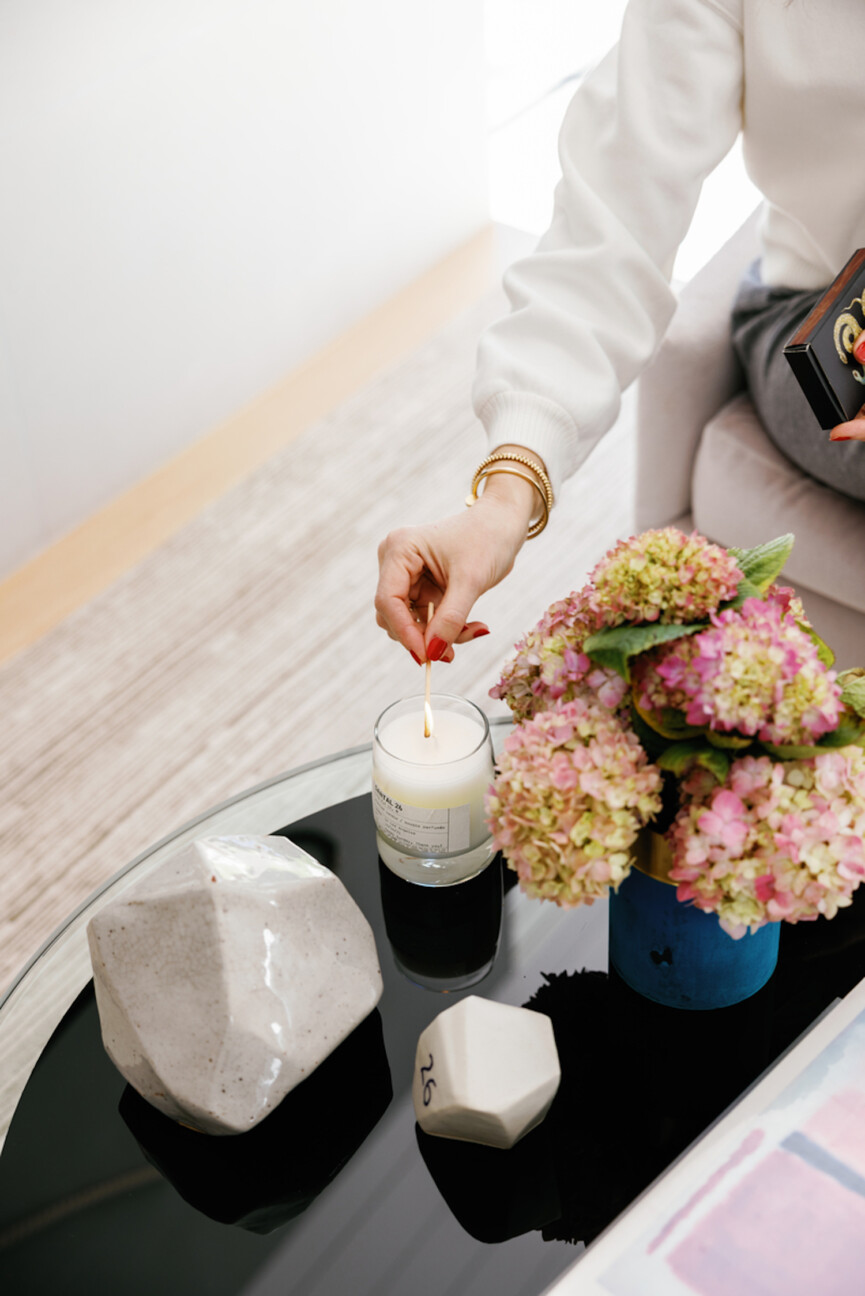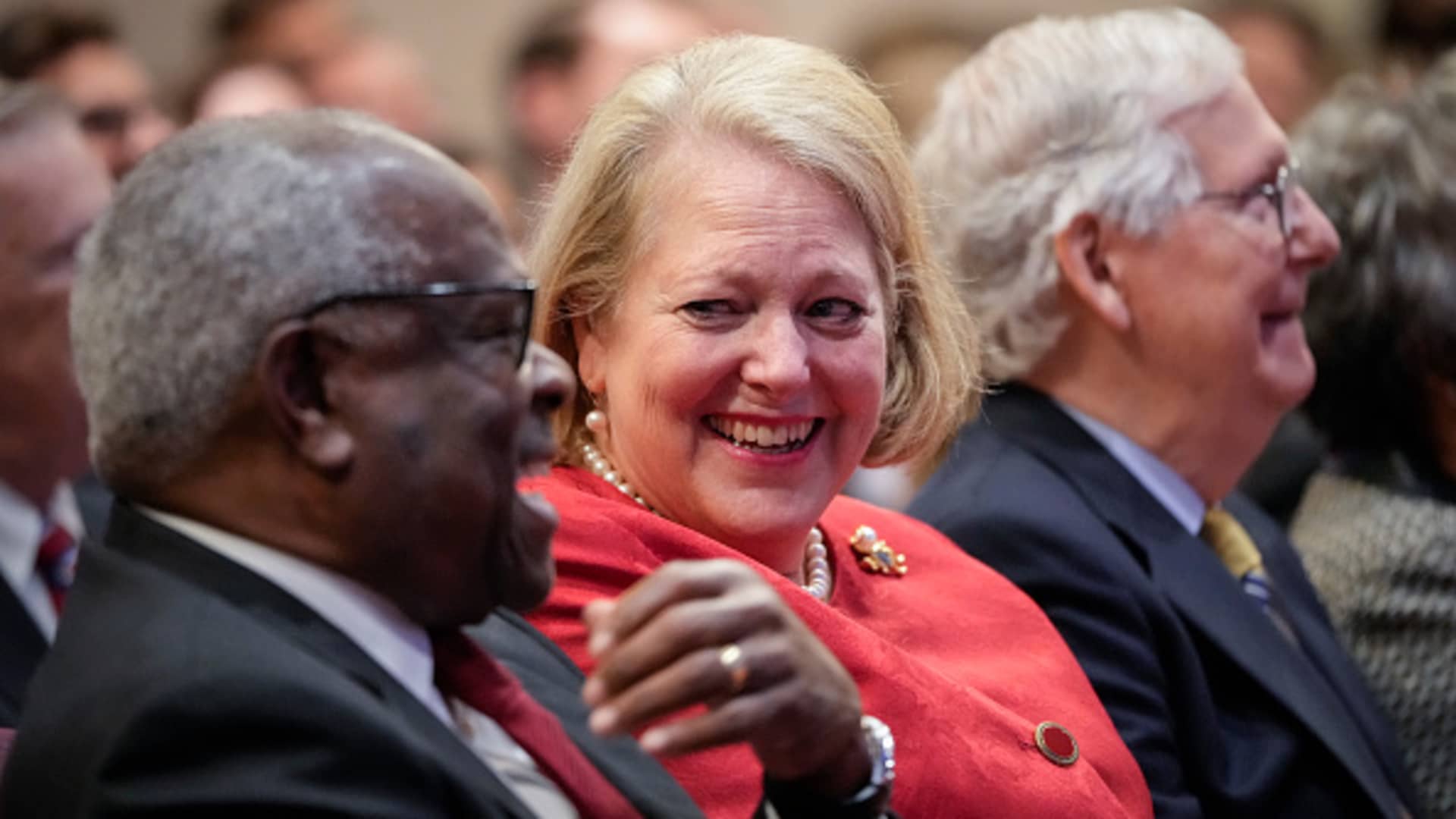My PCOS (polycystic ovary syndrome) diagnosis was far from a surprise. After months of waiting lists and waiting rooms, I walked into the gynecologist’s office hoping I would receive that exact diagnosis. I hoped that my periods were sporadic enough, my hormones were imbalanced enough, and my ovaries were cystic enough to grant me access to the doctors who could help me feel at home in my body. Fortunately, my team of doctors validated my physical and emotional struggles. I walked out of that appointment with happy tears. Relief and healing were on the horizon.

What is PCOS?
PCOS is a hormonal imbalance characterized by an excess of androgen and can cause ovarian cysts (small sacs of fluid on the ovaries). Ovarian cysts disrupt ovulation, which is why many people with PCOS experience irregular periods and infertility. Excess androgen can also cause weight gain, difficulty losing weight, acne, facial hair growth, and androgenic alopecia (male pattern baldness).
We don’t currently understand what specifically causes PCOS, though we do know of some factors that can contribute to its presence and severity. Insulin resistance (a condition that causes the body to not be as responsive to insulin, resulting in a higher blood sugar) can lead to an increase in androgen and the resulting PCOS symptoms. Genetics can also play a part, as having a family history of PCOS can predispose someone to also having PCOS. However, there isn’t sufficient evidence to suggest a root cause. PCOS is also chronic, meaning there is no cure. This is why many PCOS healing plans, including mine, target symptoms instead.

My PCOS Plan
The hallmark of my PCOS plan was weight loss. My team of doctors attributed many of my symptoms to weight gain in the past years, asserting that if I were to lose weight, my symptoms might reverse themselves. Like many women, I have struggled with body image for most of my life, despite being a three-sport athlete in high school who grew into a lover of long walks, pilates, and the occasional treadmill strut. I was open to my weight loss plan because I felt strong enough in my body positivity to take on the challenge. In fact, I thought of it like a sort of test. How strong was my resolve to appreciate my body no matter what?
Armed with a plant-based diet plan, a charge to exercise five hours each week, and two new prescriptions, I left the doctor’s office ready to battle against my symptoms. I prioritized fiber, got my daily walks in, and went to bed two hours earlier than normal. I set alarms to make sure I was taking all of my medications at the right times. I even tolerated that new-medication nausea with fistfuls of pretzels and lots of ginger tea. If my new lifestyle was a test, I was definitely passing.
My resolve started to shift after that first week. I started to skip meals if I didn’t have anything “healthy enough” at home. I would sluggishly wait to eat until 1:30 in the afternoon under the guise of intermittent fasting. If I didn’t find a way to blend spinach or lentils (or both) into whatever I was eating, I felt like I was failing at my plan.
Pebbles of guilt started to collect in my stomach each time I looked in the mirror. I recognized what was happening. My PCOS treatment, which was supposed to prioritize healthy, inclusive living, led me to guilt, self-doubt, and restriction.

PCOS and Weight Loss
Doctor-recommended weight loss in response to PCOS is a much-debated topic. Many people with PCOS report feeling unheard or stereotyped by their medical team. This study suggests that weight bias can prevent overweight people from seeking care all together, making under-diagnosis even more likely. In addition to the social stigmas of weight loss, insulin resistance makes weight loss even more difficult by decreasing the body’s ability to efficiently balance blood sugar.
Weight loss with PCOS can feel like a losing game. It’s as if your own body is fighting against you. In the pit of that struggle, I was tempted to ask myself, “Are the potential benefits of losing weight even worth the mental, emotional, and physical strife?”
According to our current research, the answer is an impassioned yes. Studies show that even losing 5% of one’s body weight can increase fertility, regulate hormones, and reverse cosmetic symptoms of PCOS. Contraceptives like the birth control pill and diuretics like metformin can regulate menstruation and combat insulin resistance, working together to make weight loss more feasible for people with PCOS. We still have many opportunities to learn about the complexities of PCOS, but there is a path forward, however uncertain it may seem.

The Balance Between Weight Loss and Body Acceptance
One way to care for the mind and body simultaneously is in how we think about our bodies. The body positivity movement seeks to promote unconditional body love, shining bright rays of gratitude on how our bodies look and function. In many ways, that gratitude is warranted and necessary. Our bodies are wonderfully complex organisms that work in so many ways to support us. But when that gratitude turns aesthetic rather than functional, we can get into some sticky territory.
Aesthetically, we don’t have to love our bodies for them to keep functioning. My stomach will digest food whether or not I think my hips are too wide. My legs will climb the stairs to my apartment whether or not I’m insecure about the shape of my thighs. My eyes will continue to see (once I put in my contacts, of course) independent of what I think of the world around me.
Adopting Body Neutrality
Body neutrality is an acceptance-based response to the body positivity movement. Rather than unconditionally loving the body’s appearance, “the body-neutral approach leans toward the belief that it doesn’t matter if you think your body is beautiful or not”, says Dr. Susan Albers of Cleveland Clinic.
When we shift our focus from love to acceptance, we can free ourselves from aesthetic-based judgments. We can focus on this truth: I have a body and I want to treat it well.

My Path Forward
The balance between weight loss and mental health is a delicate one. There are often more questions than answers, and more closed doors than open windows. Despite this, I choose to believe that health and wellness are possible. That we can accept our bodies as they are and also seek to change them for the better.
























































